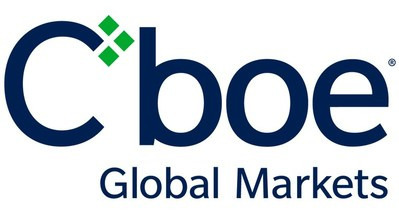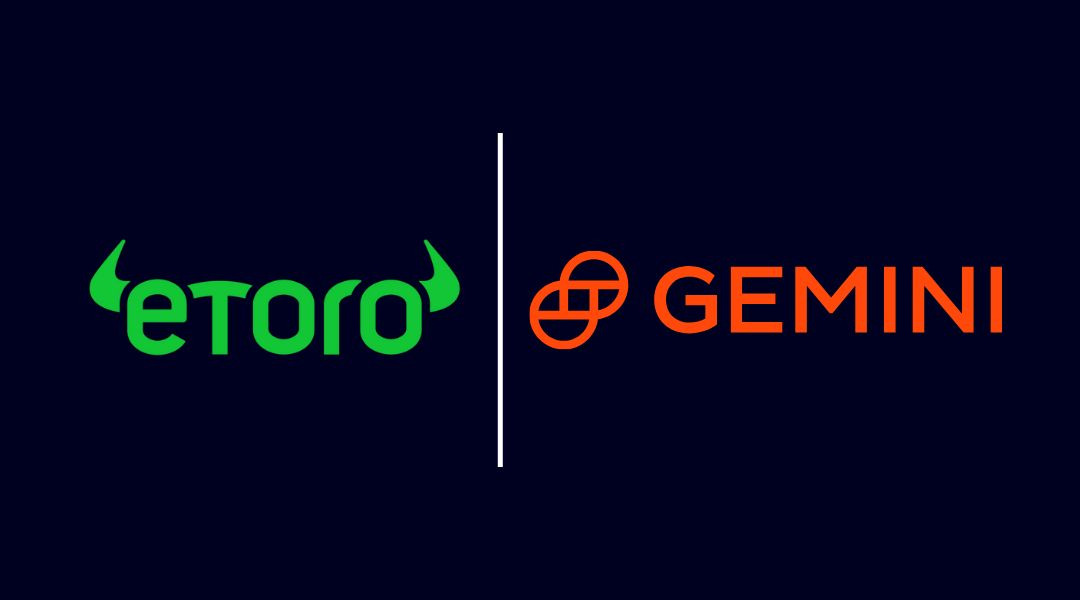The recent introduction of Kraken Wallet has marked an advancement in cryptocurrency adoption. This self-custodial wallet is engineered to streamline on-chain transactions. Kraken Wallet emphasizes simplicity, security, and functionality, with the overarching goal of broadening accessibility to decentralized finance.
Access to Decentralized Finance: Wallet's User-Centric Design
Regardless of whether individuals are Kraken clients or not, the multichain Kraken Wallet serves as a conduit to the decentralized financial ecosystem. Emphasizing privacy and security, it enables users to maintain custody of their digital assets and data, underpinned by Kraken’s security protocols.
With an intuitive user experience, Kraken Wallet eliminates the need for complex network switching or the management of multiple seed phrases. Key features include comprehensive portfolio tracking, support for multiple blockchains, WalletConnect integration for access to decentralized applications, and round-the-clock customer support.
The Wallet collects only essential data necessary for its operation. User activity is routed through Kraken’s infrastructure to safeguard IP addresses and shield personal information from external exposure. The wallet does not retain any user sign-in details, email addresses, or KYC information.
Entering the Crypto Wallet Market in Alignment with Competitors
The security of Kraken Wallet is fortified through various layers of protection, including biometric authentication and encrypted user passwords. To ensure security measures, the wallet underwent a security audit conducted by Trail of Bits, known for its expertise in cybersecurity .
The launch of Kraken's new wallet brings it into alignment with competitors like MetaMask, Ledger, and Trezor within the bustling landscape of cryptocurrency wallets. While Coinbase's offering holds sway with its widespread popularity, competitors like Binance and OKX cater to users with their own wallet solutions.


















